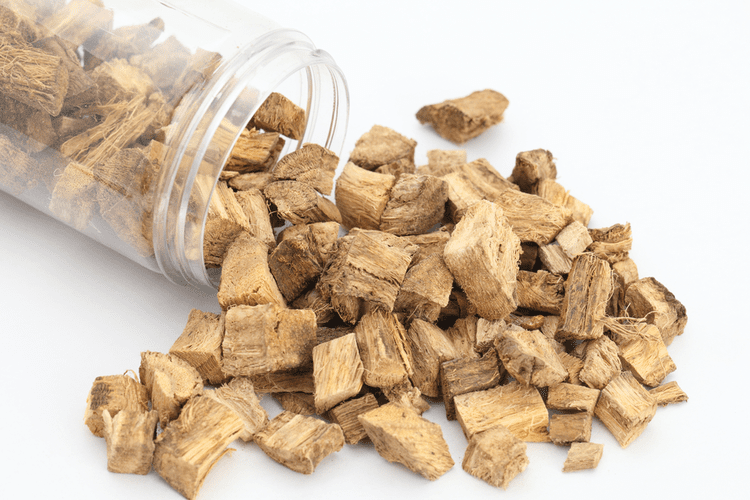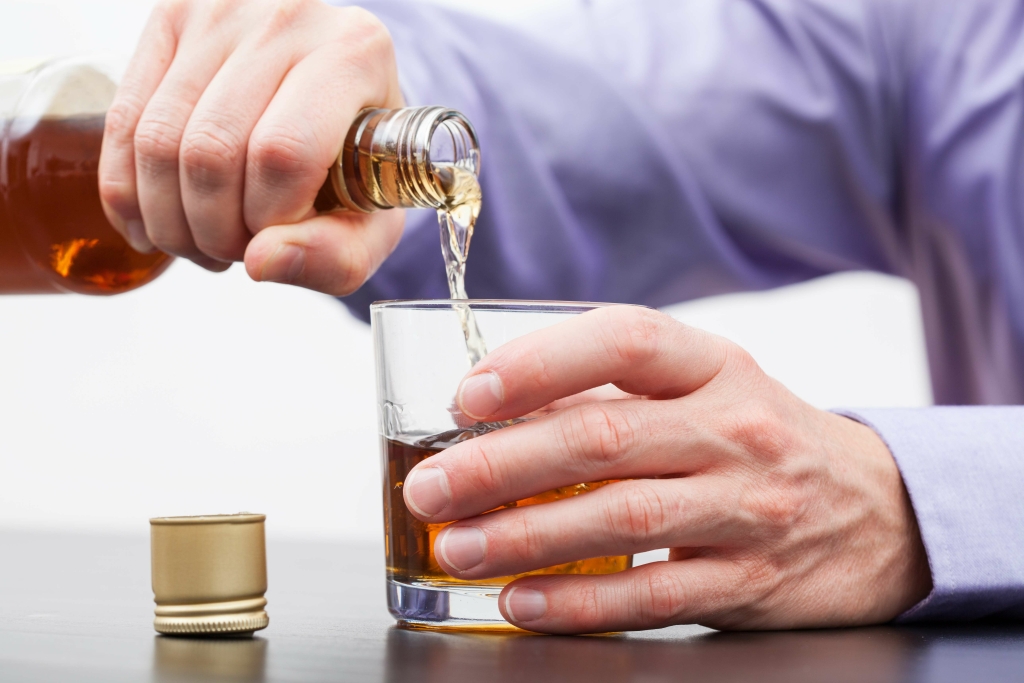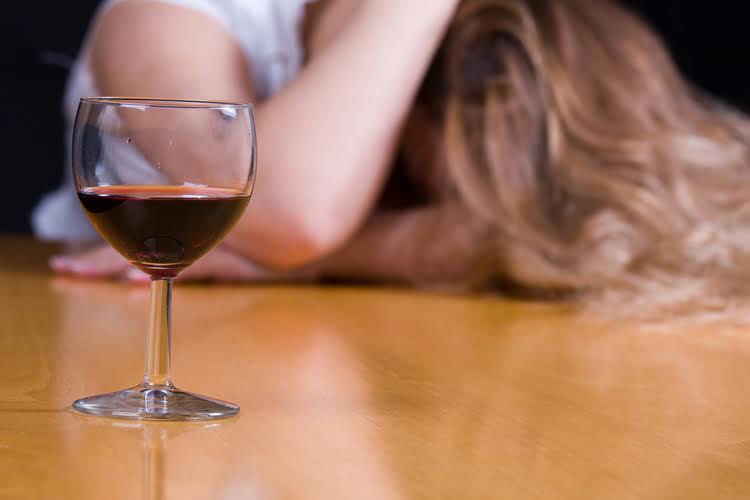Because addiction can affect so many aspects of a person’s life, treatment should address the needs of the whole person to be successful. Counselors may select from a menu of services that meet the specific medical, mental, social, occupational, family, and legal needs of their patients to help in their recovery. Medications are also available to help treat addiction to alcohol and nicotine. It was initially developed for patients with suicidal thoughts or borderline personality disorder. Today, DBT is a valuable tool for treating mood disorders, personality disorders, and dual diagnoses (when someone is simultaneously diagnosed with substance use disorder and a mental health disorder). Several treatment options are available, and most people experiencing addiction will receive a combination of approaches.
International Patients
Gender-specific programs allow for the incorporation of therapeutic strategies that are particularly effective for each gender. For example, women may benefit more from therapies that address relationship-building and emotional health, such as cognitive-behavioral therapy (CBT). This helps women process their emotions and develop healthier coping mechanisms to manage stress and avoid relapse. Many people feel more comfortable discussing personal and emotional topics in a same-gender environment.
Addiction Treatment Medications
A treatment center can provide the structure and support needed to succeed. The Psychology Today website features an extensive registry of treatment centers, programs, expert clinicians, and support groups specializing in addiction recovery. The directory not only covers the full spectrum of care possibilities but provides detailed descriptions of each one. Overcoming addiction is a developmental process that can benefit from differing types of support at different stages of recovery. A recovery coach or recovery manager typically is knowledgeable about and can help an individual client find and access needed support resources at every step of the way.

Addressing Gender-Specific Needs
Dr. Travis Rieder of Johns Hopkins University discusses the importance of considering a patient’s environment when… The goal is to positively impact a person’s recovery journey by increasing awareness http://bani-i-sauni.ru/books/item/f00/s00/z0000002/st013.shtml of these factors. If you feel that you are not “connecting” with your counselor, consider finding a new counselor instead of abandoning treatment. People who are struggle with other types of addiction can find out about self-help groups in their community either by an internet search or by asking a doctor or nurse for information.
- Medication-assisted treatment uses FDA-approved medications in conjunction with evidence-based therapies to treat substance use disorders.
- Recovery from addiction isn’t just a process of undergoing treatment.
- For the safety of you or your loved one, all medications are kept in a secure location that remains locked at all times.
- It teaches people in recovery how to be aware of unhealthy behaviors by addressing the underlying thoughts and feelings experienced in substance use.
- They do so knowing they are in a space where others are more likely to relate.
- BT tracks how the body reacts by detecting alcohol or drug withdrawal symptoms that cause stress and heightened involuntary responses.
Break the holiday drinking cycle by understanding emotional triggers, adopting small habit shifts, and reducing reliance on alcohol. • Therapy enables each individual to identify the situations that serve as triggers to drug use and to develop their own workable ways to manage them. • It enables people to maintain their commitment to recovery and optimism about it despite the difficulties. Data indicate that 85 percent of people who struggle with addiction do not seek help.
- Detoxification alone without subsequent treatment generally leads to resumption of drug use.
- Substance use disorder (SUD) can negatively affect a person’s health and relationships.
- Your treatment depends on the drug used and any related medical or mental health disorders you may have.
- Meetings typically involve individuals sharing their stories of addiction and recovery.
- In addition, by working closely with therapists to acknowledge these deep-seated feelings, individuals are more prepared to identify and avoid temptations during their recovery.
- The goal of detoxification, also called “detox” or withdrawal therapy, is to enable you to stop taking the addicting drug as quickly and safely as possible.
Drug And Alcohol Addiction Treatment
Sign up to get info about the science behind addiction, the latest trends in addiction treatment, mental health awareness, inspirational recovery stories, and much more. Women and men can offer each other practical advice and emotional support, which can be particularly helpful when navigating the complexities of recovery while juggling family or work responsibilities. Those recovering in gender-specific treatments can form bonds by discussing their struggles with vulnerability, work-family balance, and societal pressures, which can be overlooked in mixed-gender settings. When people are in an environment where they feel understood, they are more likely to communicate openly and honestly. Gender-specific programs create an atmosphere of mutual understanding, https://cenzure.net/pagescat/8/216/25/ where individuals feel free to express their thoughts without worrying about being misunderstood by the opposite sex. This allows for deeper conversations about the unique struggles each gender faces during the recovery process.

In addition, patients are prepared for continued care, which typically includes arrangements for substance abuse treatment. They offer no clinical services; what they do provide is the support of others actively recovering from addiction, and they help individuals avoid the situations linked to drug use and the triggers for it. Many halfway-house residents are enrolled in outpatient treatment programs. All undergo drug testing as a condition of residence and are usually required to attend peer-support programs both within the house and in the community, such as AA or NA meetings.

The Walker Center’s Gender-Specific Programs

Over the past weeks, hundreds in Young’s treatment and sober living network were discharged with little warning. Zoom therapy sessions were actually better than face-to-face meetings, several people said, because the distance helps them feel less vulnerable and anxious. Before going through treatment for cessation, the drug may have been a top priority in your life. Much of your time may have been spent thinking about the drug, seeking it out, using, and recovering.
- Different types of therapy are beneficial for different substance addictions, so an ideal treatment plan may include a combination of therapeutic interventions that promote abstinence from all substances.
- They offer no clinical services; what they do provide is the support of others actively recovering from addiction, and they help individuals avoid the situations linked to drug use and the triggers for it.
Licensed residential treatment facilities offer 24-hour structured care with medical attention. Most commonly used for people seeking to overcome addiction to alcohol or opioids, medication assisted treatment (MAT) helps relieve the cravings and symptoms of withdrawal experienced when quitting the substance. Studies show that MAT reduces the risk of relapse and prevents the risk of https://thegodschildproject.net/samh-is-the-scottish-association-for-mental-health.html overdose.